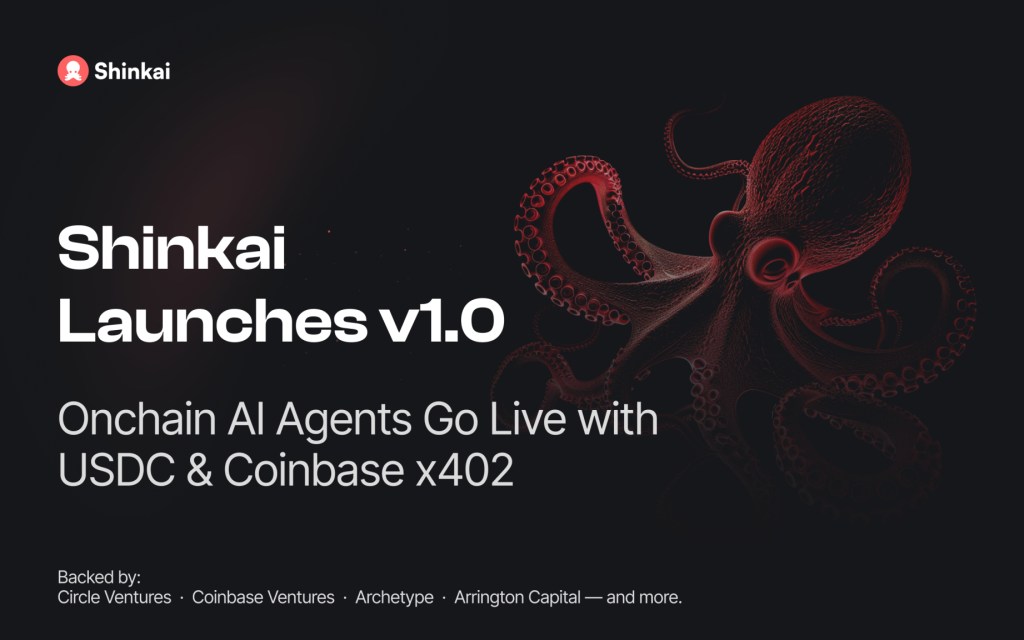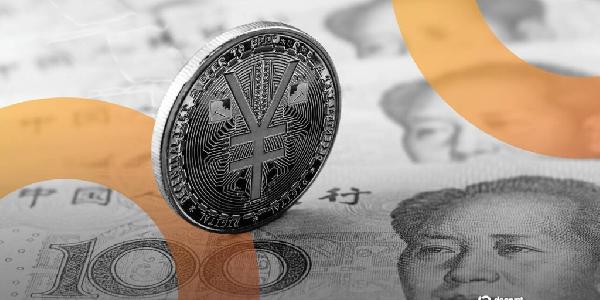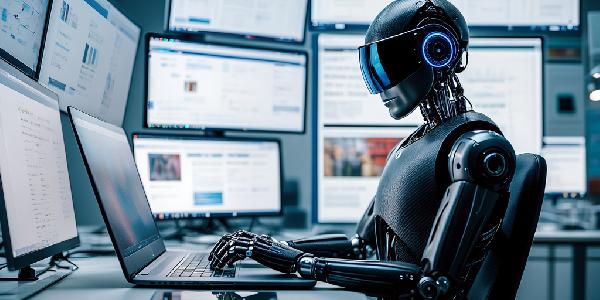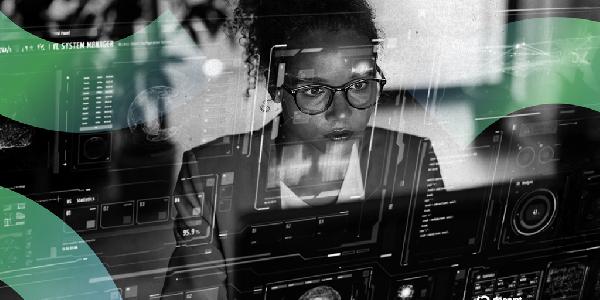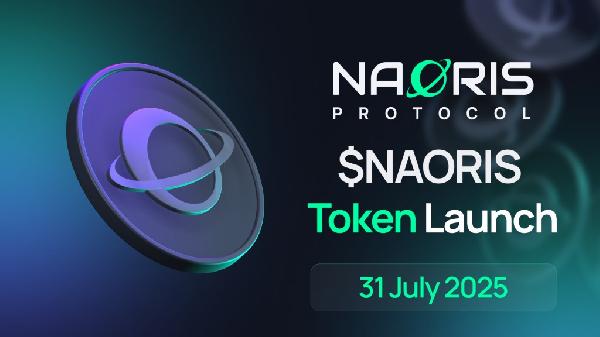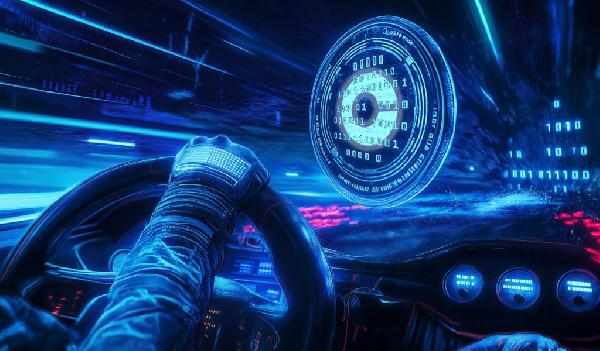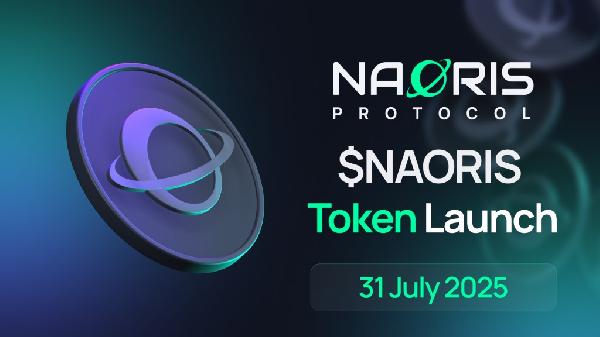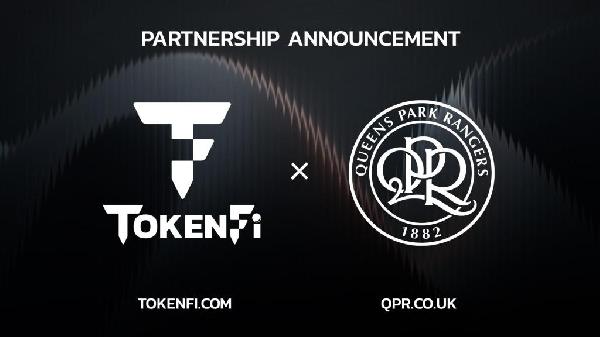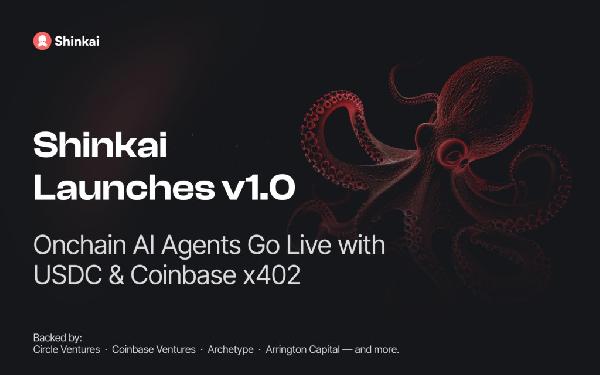July 29, 2025 – Georgetown, Cayman Islands
Shinkai, the open-source, local-first platform for building and sharing autonomous AI agents, has officially released version 1.0, its first production-ready build.
With support for USDC micro-payments and Coinbase’s x402 protocol, Shinkai enables AI agents to run privately on users’ machines while participating directly in on-chain economies.
This launch represents a major step toward Shinkai’s long-term mission – making AI agents easy to use, economically sustainable and fully under the control of the people who run them.
With over 45,000 installs, thousands of active users and a growing base of open-source contributors, Shinkai is emerging as a meaningful alternative to centralized AI platforms.
The system runs natively on macOS, Windows and Linux, requiring no cloud accounts, browser extensions or engineering background to get started.
Brian Armstrong, CEO of Coinbase, praised Shinkai’s integration work in a post on X from August 30, 2024, and wrote:
“Btw here is a great example of how easy it is to integrate a crypto wallet into an LLM using @CoinbaseDev tools. Shout out to @ShinkaiProtocol.”
Key features in Shinkai version 1.0
- Runs fully locally – Agents operate entirely on-device for performance, privacy and control. Supports both local models (via Ollama, 300+ GGUF options) and remote models like Claude and Grok.
- USDC integration – Agents can now charge for tasks – summarization, data insights, tutoring and more – using fast, low-cost stablecoin payments.
- Coinbase x402 support – Enables seamless on-chain payments with no wallet pop-ups or browser dependencies.
- Peer-to-peer agent marketplace – Agents discover and interact with each other using blockchain identity, onion routing and a decentralized discovery layer.
- Security audits – Audited by PeckShield and Halborn. Reports are available here.
Shinkai agents are already being used to summarize YouTube videos, analyze market trends, execute Solana arbitrage strategies and collaborate across tools like Slack, Discord and Notion.
They run with persistent memory, schedule their own tasks and interact with other agents in a decentralized network.
Behind the scenes, Shinkai is developed by dcSpark, a team with deep experience across blockchain ecosystems including Ethereum, Solana, Cardano and Midnight.
The project is backed by investors such as Archetype, Arrington Capital, Balaji Srinivasan, Borderless Capital, Circle Ventures, Coinbase Ventures, D1 Ventures, Graph Ventures, Longhash Ventures, Meow, Naval Ravikant, Scott Belsky, SeaX Ventures, Shima Capital, Solana Ventures and Sssiongg.
Nicolas Arqueros, co-founder of Shinkai, said,
“Shinkai [version] 1.0 is more than just a milestone – it’s a thank-you.
“To everyone who downloaded an early build, filed a bug report, asked a question or shared feedback – this launch is because of you.
“We believe open-source AI needs to be useful, private and accessible – and that’s what we’ll keep working toward.”
As development continues, the Shinkai team plans to expand its plugin ecosystem, marketplace functionality and multi-agent coordination capabilities.
The roadmap is community-driven, and contributions are welcome.
Shinkai is available here.
Users can learn more at the website.
About Shinkai
Shinkai is an open-source, local-first platform for building and running AI agents.
It combines offline AI, peer-to-peer protocols and crypto payments to help agents think, earn and collaborate – securely and independently.
Contact
Nicolas Arqueros, co-founder of Shinkai


